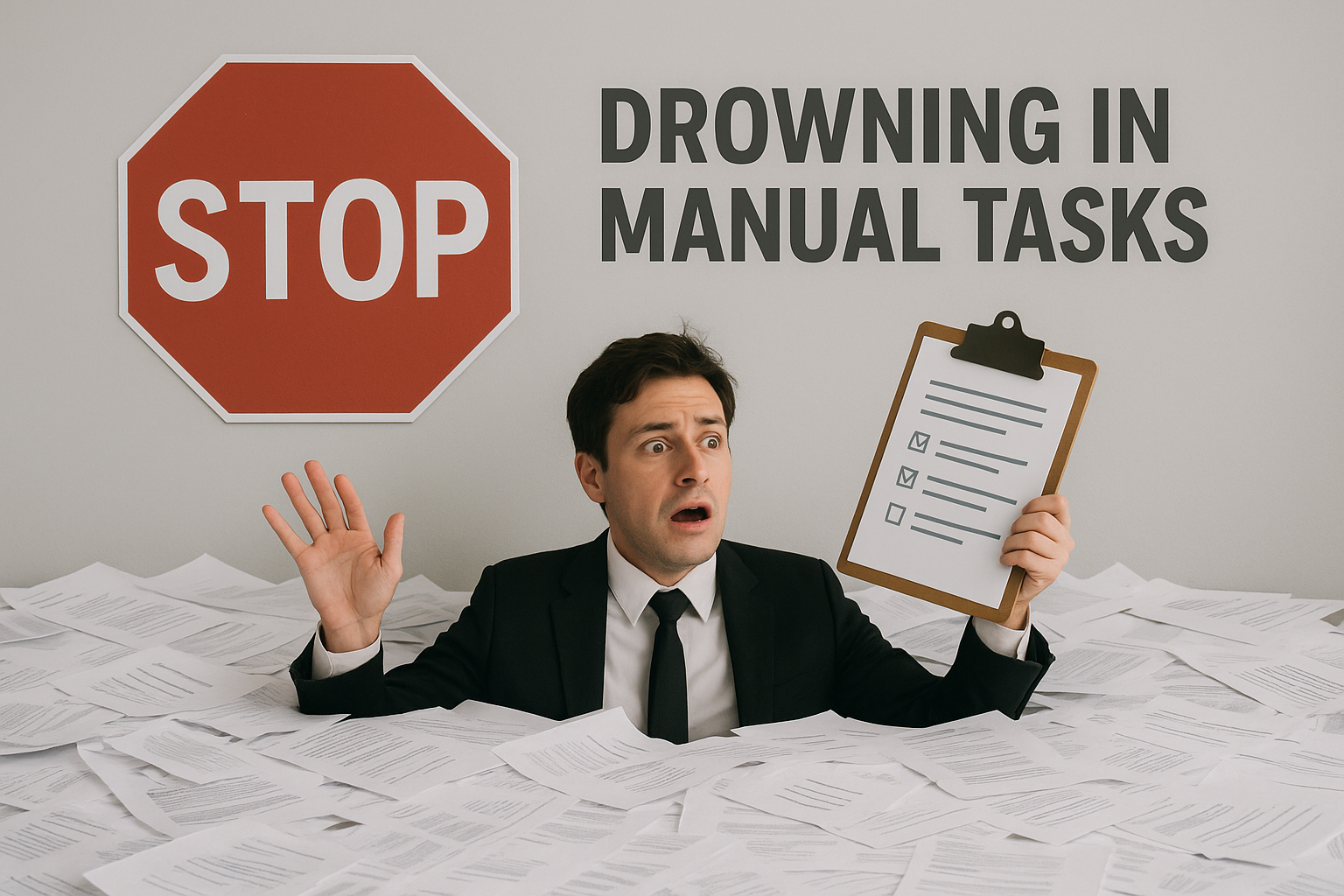Year-end tax planning opportunities & risks

With the end of the financial year fast approaching this is the first blog in our series where we outline some opportunities to maximise your deductions and give you the low down on areas at risk of increased ATO scrutiny.
Opportunities
Bolstering superannuation
If growing your superannuation is a strategy you are pursuing, and your total superannuation balance allows it, you could make a one-off deductible contribution to your superannuation if you have not used your $30,000 cap. This cap includes superannuation guarantee paid by your employer, amounts you have salary sacrificed into super and any amounts you have contributed personally that will be claimed as a tax deduction.
If your total superannuation balance on 30 June 2024 was below $500,000 you might be able to access any unused concessional cap amounts from the last five years in 2024-25 as a personal contribution. For example, if you were $8,000 under the cap in each of the last 5 years, you could contribute an additional $40,000 and take the tax deduction in this financial year at your personal tax rate.
To make a deductible contribution to your superannuation, you need to be aged under 75, lodge a notice of intent to claim a deduction in the approved form (check with your superannuation fund), and receive an acknowledgement from your fund before you lodge your tax return. For those aged between 67 and 74, you can only claim a deduction on a personal contribution to super if you meet the work test (i.e., work at least 40 hours during a consecutive 30-day period in the income year, although some special exemptions might apply).
If your spouse’s assessable income is less than $37,000 and you both meet the eligibility criteria, you could contribute to their superannuation and claim a $540 tax offset.
If you are likely to face a tax bill this year and you made a capital gain on shares or property you sold, then making a larger personal superannuation contribution might help to offset the tax you owe.
Charitable donations
When you donate money (or sometimes property) to a registered deductible gift recipient (DGR), you can claim amounts of $2 and above as a tax deduction. The more tax you pay, the more valuable the tax deductible donation is to you. For example, a $10,000 donation to a DGR can create a $3,250 deduction for someone earning up to $120,000 but $4,500 to someone earning $180,000 or more (excluding Medicare levy).
To be deductible, the donation must be a gift and not in exchange for something. Special rules apply for amounts relating to charity auctions and fundraising events run by a DGR.
Philanthropic giving can be undertaken in a number of different ways. Rather than providing gifts to a specific charity, it might be worth exploring the option of giving to a public ancillary fund or setting up a private ancillary fund. Donations made to these funds can often qualify for an immediate deduction, with the fund then investing and managing the money over time. The fund generally needs to distribute a certain portion of its net assets to DGRs each year.
Investment property owners
If you do not have one already, a depreciation schedule is a report that helps you calculate deductions for the natural wear and tear over time on your investment property. Depending on your property, it might help to maximise your deductions.
Risks
Work from home expenses
Working from home is a normal part of life for many workers, and while you can’t claim the cost of your morning coffee, biscuits or toilet paper (seriously, people have tried), you can claim certain additional expenses you incur. But, work from home expenses are an area of ATO scrutiny.
There are two methods of claiming your work from home expenses; the short-cut method, and the actual method.
The short-cut method allows you to claim a fixed rate of 70c for every hour you work from home for the year ending 30 June 2025. This covers your energy expenses (electricity and gas), internet expenses, mobile and home phone expenses, and stationery and computer consumables such as ink and paper. To use this method, it’s essential that you keep a record of the actual days and times you work from home because the ATO has stated that they will not accept estimates.
The alternative is to claim the actual expenses you have incurred on top of your normal running costs for working from home. You will need copies of your expenses, and your diary for at least 4 continuous weeks that represents your typical work pattern.
Landlords beware
If you own an investment property, a key concept to understand is that you can only claim a deduction for expenses you incurred in the course of earning income. That is, the property normally needs to be rented or genuinely available for rent to claim the expenses.
Sounds obvious but taxpayers claiming investment property expenses when the property was being used by family or friends, taken off the market for some reason or listed for an unreasonable rental rate, is a major focus for the ATO, particularly if your property is in a holiday hotspot.
There are a series of issues the ATO is actively pursuing this tax season. These include:
• Refinancing and redrawing loans – you can normally claim interest on the amount borrowed for the rental property as a deduction. However, where any part of the loan relates to personal expenses, or where part of the loan has been refinanced to free up cash for your personal needs (school fees, holidays etc.,), then the loan expenses need to be apportioned and only that portion that relates to the rental property can be claimed. The ATO matches data from financial institutions to identify taxpayers who are claiming more than they should for interest expenses.
• The difference between repairs and maintenance and capital improvements – while repairs and maintenance costs can often be claimed immediately, a deduction for capital works is generally spread over a number of years. Repairs and maintenance expenses must relate directly to the wear and tear resulting from the property being rented out and generally involve restoring the property back to its previous state, for example, replacing damaged palings of a fence. You cannot claim repairs required when you first purchased the property. Capital works however, such as structural improvements to the property, are normally deducted at 2.5% of the construction cost for 40 years from the date construction was completed. Where you replace an entire asset, like a hot water system, this is a depreciating asset and the deduction is claimed over time (different rates and time periods apply to different assets).
• Co-owned property – rental income and expenses must normally be claimed according to your legal interest in the property. Joint tenant owners must claim 50% of the expenses and income, and tenants in common according to their legal ownership percentage. It does not matter who actually paid for the expenses.
Gig economy income
It’s essential that any income (including money, appearance fees, and ‘gifts’) earned from platforms such as Airbnb, Stayz, Uber, YouTube, etc., is declared in your tax return.
The tax rules consider that you have earned the income “as soon as it is applied or dealt with in any way on your behalf or as you direct”. If you are a content creator for example, this is when your account is credited, not when you direct the money to be paid to your personal or business account. Squirrelling it away from the ATO in your platform account won’t protect you from paying tax on it.
Since 1 July 2023, the platforms delivering ride-sourcing, taxi travel, and short-term accommodation (under 90 days), have been required to report transactions made through their platform to the ATO under the sharing economy reporting regime so expect the ATO to utilise data matching activities to identify unreported income.
Other sharing economy platforms have been required to start reporting from 1 July 2024. If you have income you have not declared, do it now before the ATO discover it and apply penalties and interest.
For your business
Opportunities
Write-off bad debts
Your customer definitely not going to pay you? If all attempts have failed, the debt can be written off by 30 June to claim a deduction this year. Ensure you document the fact that you have written off the bad debt on your debtor’s ledger or with a minute.
Obsolete plant & equipment
If your business has obsolete plant and equipment sitting on your depreciation schedule, instead of depreciating a small amount each year, scrap it and write it off before 30 June if you don’t use it anymore.
For companies
If it makes sense to do so, bring forward tax deductions by committing to pay directors’ fees and employee bonuses (by resolution), and paying June quarter super contributions in June.
Risks
Tax debt and not meeting reporting obligations
Failing to lodge returns is a huge ‘red flag’ for the ATO that something is wrong in the business. Not lodging a tax return will not stop the debt escalating because the ATO has the power to simply issue an assessment of what they think your business owes. If your business is having trouble meeting its tax or reporting obligations, we can assist by working with the ATO on your behalf.
Professional firm profits
For professional services firms - architects, lawyers, accountants, etc., - the ATO is actively reviewing how profits flow through to the professionals involved, looking to see whether structures are in place to divert income to reduce the tax they would be expected to pay. Where professionals are not appropriately rewarded for the services they provide to the business, or they receive a reward which is substantially less than the value of those services, the ATO is likely to take action.
Need support or have questions? Talk to us today about maximising your outcomes and reducing your risk.
Need Help with your Business, Bookkeeping, Tax or SMSF requirements?
If you would like a little help, please get in touch with us for assistance. We can help with your business, bookkeeping, tax and SMSF requirements.
Please also note that many of the comments in this publication are general in nature and anyone intending to apply the information to practical circumstances should seek professional advice to independently verify their interpretation and the information’s applicability to their particular circumstances. Should you have any further questions, please get in touch with us for assistance with your SMSF, business, bookkeeping and tax requirements. All rights reserved. Brought to you by RGA Business and Tax Accountants. Liability Limited by a scheme approved under Professional Standards Legislation.









